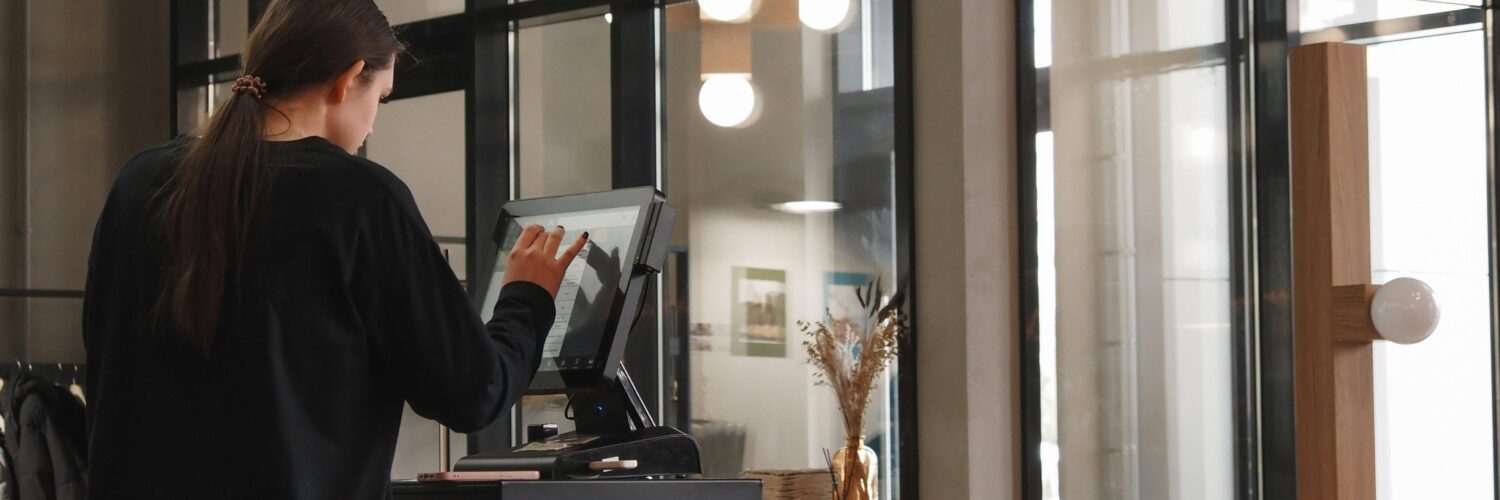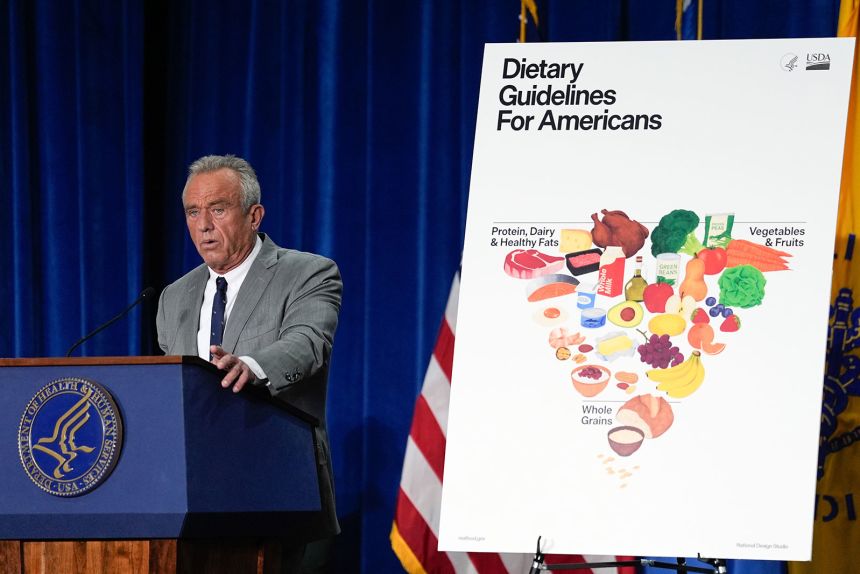Business Continuity in Florida’s Restaurant Industry
Florida’s restaurant and hospitality sector faces a unique mix of opportunities and threats. While the state’s bustling tourism industry drives high customer volume year-round, it also brings specific challenges that restaurant owners must navigate. Hurricanes, seasonal flooding, liability risks, and staff turnover are just a few of the issues that can disrupt operations.
A solid business continuity plan isn’t just about responding to disasters, but about preparing in advance to maintain operations, protect revenue, and secure staff and customer safety. comprehensive restaurant insurance coverage in Florida plays a central role in that strategy.
Restaurant insurance solutions in Florida must be tailored to address location-specific risks, regulatory requirements, and the realities of high staff turnover and customer volume. A policy that looks good on paper may fall short in a crisis. That’s why it’s essential to look deeper into how certain insurance coverages support business continuity.

The Role of Comprehensive Insurance in Operational Resilience
Business continuity is about more than having a backup plan. It’s about proactively putting systems in place that enable a business to respond to unexpected events while maintaining key functions. In the competitive and risk-prone environment of Florida’s restaurant industry, disruptions such as hurricanes, kitchen fires, flooding, or employee injuries can quickly spiral into costly shutdowns unless the business is properly protected.
That’s where comprehensive restaurant insurance coverage in Florida becomes not just important, but essential. These tailored insurance plans provide more than financial protection; they enable restaurants to recover quickly, safeguard their workforce, maintain customer trust, and preserve their revenue stream during turbulent times.
To create a solid foundation for operational resilience, restaurant owners must understand how each type of insurance contributes to business continuity. The following coverages are not just industry best practices, they are pillars of sustainability and growth in Florida’s unique hospitality landscape.
General Liability Insurance
General liability insurance serves as a restaurant’s first line of defense against the unexpected. It protects against third-party claims involving bodily injury, property damage, and advertising or personal injury. Given the nature of restaurant operations with fast-paced service, hot surfaces, food preparation, and constant foot traffic the likelihood of an incident that could trigger a lawsuit is high.
- Continuity Benefit: This coverage prevents financial derailment caused by legal fees, settlements, or court-awarded damages. It protects cash flow and avoids the need to tap into operating capital or savings.
- Practical Example: A customer slips and falls near the beverage station during lunch service. The injury requires medical care and leads to a personal injury lawsuit. General liability insurance covers the medical costs, legal representation, and settlement. The restaurant continues operating without exhausting internal funds or halting service.
For restaurants located in busy areas or with high customer volume, this coverage isn’t optionality essential to business survival and long-term stability.
Workers’ Compensation Insurance
In Florida, any restaurant with four or more employees is legally required to carry workers’ compensation insurance. This policy covers medical expenses, rehabilitation, and wage replacement when an employee is injured on the job. With restaurants operating hot kitchens, sharp tools, and slippery floors, workplace injuries are unfortunately common.
- Continuity Benefit: Workers’ compensation shields businesses from costly lawsuits and ensures employees receive timely care. It also fosters employee loyalty by demonstrating a commitment to their well-being and financial security.
- Practical Example: A line cook suffers a severe hand injury during prep work. Workers’ compensation covers the hospital visit, treatment, and partial wage replacement while the cook recovers. Without this coverage, the restaurant could face litigation, staffing shortages, and reputational damage.
Additionally, for regulatory clarity and compliance support, restaurant operators can consult resources provided by the U.S. Small Business Administration, which offers state-specific guidelines on employer insurance obligations.
Commercial Property Insurance
Whether a restaurant operates out of a rented storefront or owns its building, commercial property insurance is essential to protect physical assets. This includes structural elements, kitchen equipment, furniture, signage, décor, electronics, and inventory. In Florida, where weather-related damage is a recurring risk, having sufficient property coverage is critical to recovery.
- Continuity Benefit: Enables restaurant owners to quickly repair damage, replace critical equipment, and resume service with minimal delay. This coverage is the financial engine behind post-disaster recovery and reopening.
- Practical Example: After a heavy rainstorm, water seeps into a restaurant’s kitchen and damages the electrical systems and flooring. Commercial property insurance pays for the repairs and equipment replacement, allowing the business to reopen within days, not weeks.
In addition to storms, this coverage protects against theft, vandalism, fires, and accidental damages that could render a business inoperable without immediate intervention.
Business Interruption Insurance
Often undervalued or misunderstood, business interruption insurance is the glue that holds continuity efforts together. It covers lost income, fixed operating expenses, loan payments, payroll, and more during a forced shutdown caused by a covered event (such as fire, hurricane, or flood-related damages).
- Continuity Benefit: Maintains revenue streams even when doors are closed, protecting the business from falling behind on rent, vendor contracts, and employee salaries.
- Practical Example: A small fire in the electrical system forces a café to close for 10 business days during the busy season. Business interruption coverage compensates for lost revenue and helps cover payroll during the downtime, allowing the café to retain staff and reopen with momentum.
According to the Insurance Information Institute (III), many small businesses never reopen after a disaster due to inadequate or nonexistent business interruption insurance. For restaurants operating on tight margins and high overhead, this coverage can mean the difference between temporary setback and permanent closure.

Insurance Gaps That Threaten Continuity
Many restaurant owners in Florida mistakenly believe that once they’ve purchased a general liability or property insurance policy, their business is fully protected. Unfortunately, that’s often far from reality. Standard policies can leave critical areas exposed, especially when it comes to the unique risks facing the hospitality sector in Florida.
Identifying and addressing these gaps is essential to building a truly effective business continuity plan. Without the right supplemental coverage, even a minor incident can escalate into a major financial setback.
No Flood Insurance
Flooding is among the most common and devastating natural threats in Florida, particularly in low-lying or coastal areas. Yet, commercial property insurance policies typically exclude flood-related damage. Many restaurant owners only discover this after experiencing a weather event, by which point it’s too late to recover losses.
- Continuity Threat: Water damage from a storm surge or heavy rain can destroy flooring, furniture, kitchen equipment, and electrical systems, none of which are covered without a separate flood policy.
- Recommended Solution: Secure a stand-alone flood insurance policy, especially if your business is located in a designated flood zone or a high-risk coastal region. This coverage is critical to quickly recover and reopen after storm-related damage.
Lack of Equipment Breakdown Coverage
Most restaurant operations rely heavily on specialized equipment, such as ovens, walk-in coolers, fryers, and espresso machines. A sudden breakdown of this machinery can halt service, spoil inventory, or force cancellations especially during peak hours. However, standard commercial property insurance generally does not cover mechanical failure unless caused by a covered peril like fire or lightning.
- Continuity Threat: Equipment failure can lead to substantial repair bills, food waste, revenue loss, and customer dissatisfaction. In some cases, the disruption can last for days if parts or technicians aren’t readily available.
- Recommended Solution: Add an equipment breakdown rider to your insurance package. This coverage helps pay for the repair or replacement of critical appliances, as well as associated losses like spoiled food or lost revenue due to service interruptions.
Missing Cyber Liability Protection
Restaurants are increasingly digitalising online reservations, POS systems, mobile ordering apps, and customer loyalty programs. These tools enhance operations but also introduce new vulnerabilities. Cyberattacks and data breaches are no longer limited to big corporations; small businesses are now common targets due to weaker security systems.
- Continuity Threat: A ransomware attack or payment system breach can shut down operations, compromise customer data, and result in legal liability. The damage to reputation alone can impact future sales.\n- Recommended Solution: Add cyber liability insurance to your plan. This coverage helps cover the costs of notifying affected customers, restoring compromised systems, responding to lawsuits, and recovering lost revenue during digital outages.
In a state like Florida where natural, operational, and digital risks intersect, comprehensive restaurant insurance coverage in Florida must go beyond the basics. It’s not enough to have “a policy.” Restaurants need the right combination of coverages tailored to their specific exposures to ensure business continuity after any disruption.

Strategic Policy Bundling for Continuity
Managing multiple insurance policies separately can be time-consuming, confusing, and often more expensive for restaurant owners. That’s why many hospitality businesses in Florida opt for bundled coverage through a Business Owners Policy (BOP). This type of policy consolidates several essential coverages typically general liability, commercial property, and business interruption into one streamlined package.
- Continuity Benefit: By combining core protections into a single, cohesive plan, a BOP simplifies the insurance process. It minimizes administrative burden, eliminates coverage overlaps or gaps, and often results in lower overall premiums. This efficiency is especially important for small to mid-sized restaurants that may not have dedicated risk managers on staff.
Beyond its convenience, bundling through a BOP also supports faster claims resolution, which is crucial for maintaining operations after a disruption. When coverage is centralized under one carrier, there’s less delay in processing and payout helping restaurants return to business as quickly as possible.
For restaurant owners seeking comprehensive restaurant insurance coverage in Florida, bundling policies into a tailored BOP can serve as a cost-effective foundation for broader risk management.
Customization for Hospitality-Specific Risks
While bundling is an efficient strategy, it’s not a one-size-fits-all solution. Different types of food service operations face vastly different risks based on their clientele, service model, hours of operation, and location. That’s why every policy bundle must be fine-tuned to address the distinct exposures of each hospitality segment.
The National Restaurant Association (NRA) underscores the importance of industry-specific planning in its research and policy recommendations. Understanding the nuances of your operation allows for smarter insurance planning and more resilient business continuity strategies.
For Fine Dining Establishments
Upscale restaurants often carry higher liability exposure due to elevated service standards, high-ticket menu items, and alcohol service. These businesses may also feature custom-designed interiors and expensive kitchen equipment, which increase the value at risk.
- Key Coverage Needs:
- Higher limits for general liability and liquor liability
- Specialized commercial property coverage for fine décor and custom installations
- Business interruption with extended recovery periods, as rebuilding prestige takes time
- Continuity Insight: A wine cellar damaged in a storm or a foodborne illness claim can significantly tarnish brand reputation. Custom policies help mitigate reputational and financial fallout.
For Casual Dining Chains
High foot traffic, diverse staff, and centralized management structures are hallmarks of casual dining chains. These restaurants must also navigate increased regulatory scrutiny and HR complexities.
- Key Coverage Needs:
- General liability and workers’ compensation with scalable limits
- Cyber liability insurance to protect POS systems and customer data
- Employment Practices Liability Insurance (EPLI) for claims related to hiring, termination, and discrimination
- Continuity Insight: EPLI and cyber liability are essential to preserving operational stability when facing internal disputes or system disruptions that could otherwise halt service chain-wide.
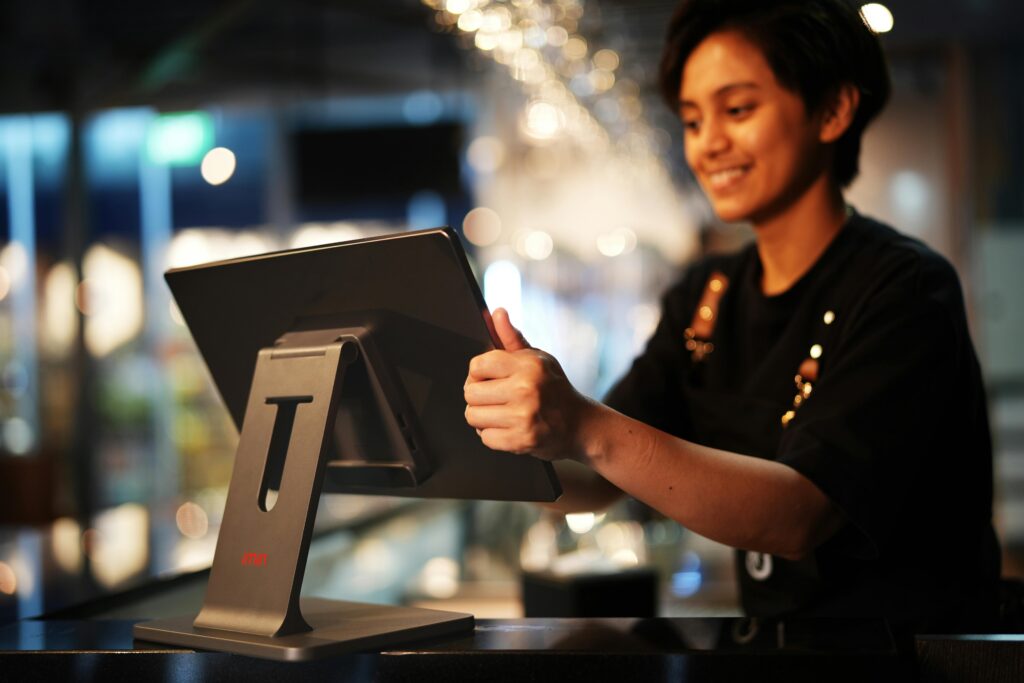
For Bars and Pubs
Establishments that serve alcohol face a unique set of liabilities, especially in late-night environments where incidents are more likely to occur. Regulatory compliance, crowd control, and liquor-related liabilities must all be factored into policy design.
- Key Coverage Needs:
- Liquor liability (often mandated by Florida law)
- Assault and battery coverage
- Enhanced property protection for high-traffic and nightlife-focused environments
- Continuity Insight: One incident involving an intoxicated patron can lead to costly litigation or license suspension. Liquor liability ensures the business can withstand these risks without compromising its license or brand.
For Coffee Shops and Cafés
These establishments often rely on specialized equipment and fast service models. Although they tend to have lower exposure to alcohol-related incidents, they are highly dependent on functioning POS systems and refrigeration.
- Key Coverage Needs:
- Equipment breakdown insurance for espresso machines, ovens, and coolers
- Cyber liability coverage for mobile orders and loyalty apps
- Business interruption coverage tailored to supply chain and equipment downtime
- Continuity Insight: A broken espresso machine or POS outage during the morning rush can cripple daily revenue. Custom coverage allows these businesses to recover quickly and maintain customer loyalty.
Real-World Scenarios: Insurance in Action
One of the most effective ways to understand the value of comprehensive restaurant insurance coverage in Florida is by looking at real-world events that disrupt business operations. From natural disasters to employee lawsuits, insurance transforms potentially devastating moments into manageable situations allowing restaurants to recover quickly and continue serving their communities.
Scenario 1: Hurricane Damage and Temporary Closure
A high-end beachfront restaurant in Miami is hit by a Category 4 hurricane. Roof damage and water intrusion force the restaurant to close for repairs. Thanks to a robust commercial property insurance policy and business interruption coverage included in its customized BOP, the business secures emergency funds to fix structural damage, replace soaked furniture, and cover lost revenue. More importantly, the policy provides payroll support allowing management to continue paying its team during the closure. This not only maintains morale but also helps retain top talent who might otherwise seek work elsewhere.
- Continuity Outcome: The restaurant reopens within weeks, fully staffed and ready for its high-season clientele.
Scenario 2: Employee Injury and Lawsuit
In a casual dining chain location in Orlando, a dishwasher slips on a wet kitchen floor, fracturing a wrist. The employee sues the restaurant, alleging negligence due to improper signage and lack of non-slip mats. The restaurant’s workers’ compensation insurance covers medical bills and rehabilitation, while its general liability insurance handles legal defense costs. The issue is resolved without pulling funds from the operating budget.
- Continuity Outcome: Operations continue seamlessly, and the restaurant avoids reputational damage due to proactive claims handling and employee care.
Scenario 3: Equipment Failure During Weekend Rush
At a bustling brunch spot in Tampa, the main walk-in freezer fails on a Friday evening jeopardizing thousands of dollars’ worth of perishables. The restaurant’s equipment breakdown insurance, a rider added to its policy bundle, kicks in immediately. Emergency repairs are completed overnight, and food spoilage is reimbursed under the policy’s provisions.
- Continuity Outcome: The restaurant opens as scheduled the next morning, preserving weekend revenue and customer satisfaction.
These examples showcase how comprehensive restaurant insurance coverage in Florida isn’t just about recovery, it’s about continuity, reputation, and long-term success.
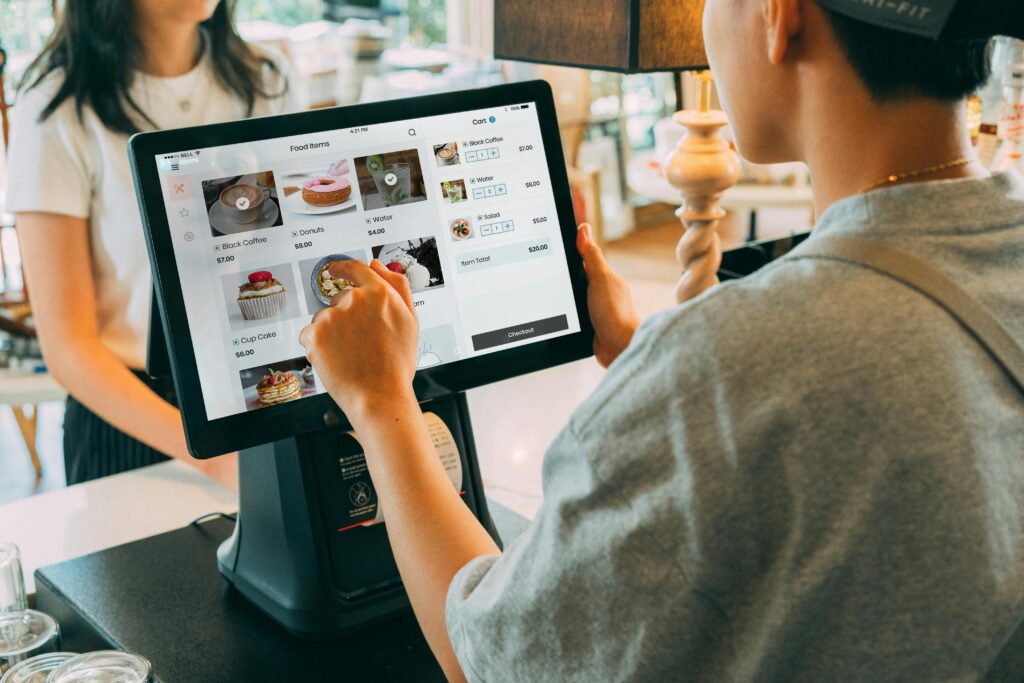
Regulatory Compliance and Risk Management
Beyond emergency scenarios, restaurant insurance plays a crucial role in ensuring compliance with Florida’s labor and commercial laws. Restaurants that fail to meet legal insurance requirements face serious consequences, including fines, penalties, lawsuits, and even forced closure.
Core Legal Requirements for Florida Restaurant Owners:
- Workers’ Compensation Insurance
Legally required for any Florida business with four or more employees. This coverage protects both the employer and employees by covering medical expenses and lost wages in case of workplace injuries. - Liquor Liability Insurance
Mandatory for establishments that serve or sell alcoholic beverages. Without it, one intoxicated patron’s actions could leave a business financially and legally exposed. - Employment Practices Liability Insurance (EPLI)
While not legally required, EPLI is strongly recommended. It covers legal defense and settlements related to hiring, firing, harassment, and discrimination, common risks in hospitality environments with large, diverse teams.
Insurance and Broader Risk Management
When properly implemented, comprehensive restaurant insurance coverage in Florida functions as both a safety net and a strategic asset. It supports proactive risk management in the following ways:
- Encouraging Regular Safety Audits
Insurance carriers often provide audit tools and guidance to identify hazards before they cause harm or trigger claims. - Supporting Staff Training Programs
From fire prevention to food handling and anti-harassment training, many insurers offer resources that reduce risk and improve compliance. - Reducing the Financial Impact of Inspections or Violations
Whether it’s an OSHA inspection, a health code violation, or a fire marshal citation, having the right policies in place can help cover fines, repairs, or defense costs keeping your doors open and reputation intact.
For restaurant operators, insurance isn’t just a legal checkbox, it’s a critical pillar of a well-managed business. A tailored policy plan not only keeps your business compliant with Florida law but also positions you to grow confidently, knowing you’re protected from known and emerging risks.
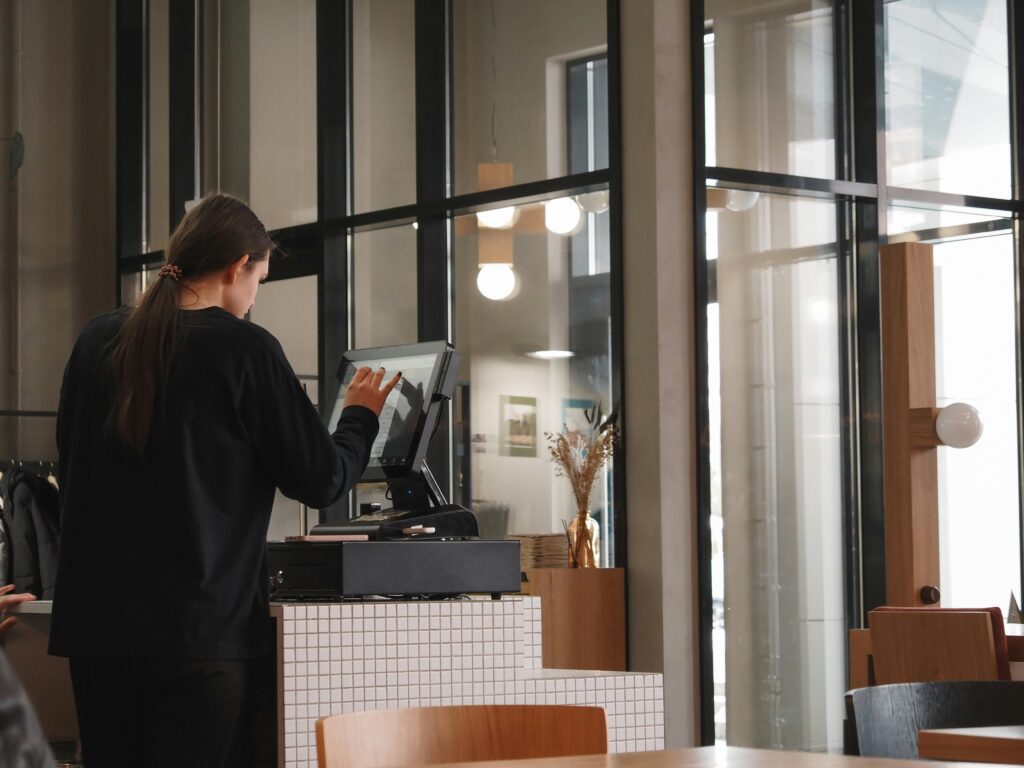
Building Resilience Through Insurance
Restaurant ownership in Florida comes with enormous opportunity but also with serious, location-specific risks. From coastal storms and flash floods to employee lawsuits, cyberattacks, and equipment failure, unexpected disruptions can halt operations overnight and threaten long-term survival.
That’s why smart restaurant owners view insurance not as an expense, but as a strategic investment in business continuity.
Comprehensive restaurant insurance coverage in Florida does more than respond to emergencies; it keeps your business stable and resilient in the face of disruption. It allows you to:
- Respond quickly to property damage caused by hurricanes or fires, minimizing downtime and recovery costs.
- Cover payroll and maintain operations during temporary closures through business interruption insurance.
- Mitigate legal and financial risks from employee injuries, foodborne illness, and liability lawsuits.
- Safeguard critical equipment and technology, including POS systems and refrigeration units, to avoid inventory loss.
- Meet regulatory requirements, avoid fines, and improve staff and customer safety.
But coverage alone isn’t enough. You need policies that are tailored to your type of restaurant, location, and operating model. A one-size-fits-all insurance package can leave costly gaps that only become visible when disaster strikes.
That’s where Commercialize Insurance Services (CIS) comes in.
With over 25 years of experience protecting restaurants and food service businesses across Florida, Commercialize Insurance Services (CIS) specializes in building custom insurance solutions that reflect the unique realities of the hospitality industry. Whether you run a fine dining restaurant in Miami, a family-owned café in Tampa, or a fast-casual chain along the Gulf Coast, we can help you:
- Bundle policies under a Business Owners Policy (BOP) to reduce costs and streamline coverage.
- Add essential riders like flood insurance, equipment breakdown, cyber liability, and employment practices liability (EPLI).
- Stay compliant with Florida’s complex insurance and labor regulations.
- Avoid common gaps that could threaten your continuity plan.
When you work with Commercialize Insurance Services (CIS), you’re not just buying insurance, you’re gaining a trusted advisor who understands the risks you face and how to manage them effectively.
Ready to strengthen your business resilience with comprehensive restaurant insurance coverage in Florida?
Get in touch with https://usa-cis.com/ for a customized risk assessment and explore affordable, smartly bundled policy options tailored to your needs.

